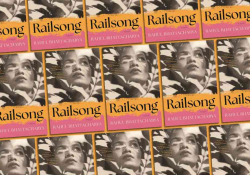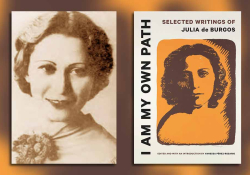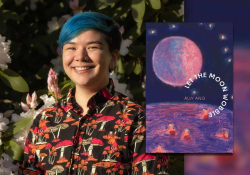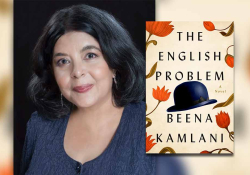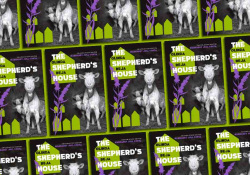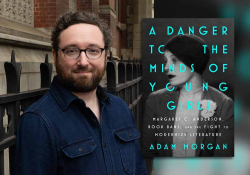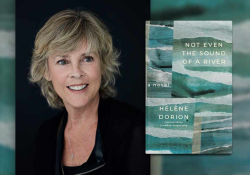Tracy K. Smith’s Poetry and the Erasures of American History

Reading Wade in the Water (Graywolf Press, 2018), US Poet Laureate Tracy K. Smith’s fourth book, is an experience unlike any I’ve had before from a book of poetry. The way in which she mixes narrative poems with found or erasure poetry is built to a memorable effect as the book progresses.
The title poem comes at the end of the first section but resonates throughout. It describes a viewer walking into a performance of the Geechee Gullah Ring Shouters, descendants of African slaves whose presentations are about their heritage and their ancestors’ history. The attendee is greeted with “I love you,” and this greeting echoes throughout as the language eases the reader in, “She didn’t / Know me, but I believed her . . .” As the poem progresses, it turns leisurely from a narrative peppered with repeated “I love you”s to fragments spelling out a slave’s experience: “To climb. O Woods—O Dogs— / O Tree—O Gun—O Girl, run . . .”
This leads directly to the second of the book’s four sections, a section that starts with “Declaration,” an erasure poem from the Declaration of Independence. This poem should be the textbook example of how an erasure poem is about both what is on the page and what is missing with how it makes its statement about America’s ideals and the reality of America’s history of slavery. The choices Smith makes are perfectly choreographed to echo the Declaration’s words while at the same time clashing against that same language.
The themes of America’s history of slavery and love come back again and again in contrasting waves that push against one another but stay apart like oil and water.
The section continues with found poems using the words of slave owners and of African Americans enlisted in the Civil War in a layout of heartbreaking beauty. The words themselves are framed by Smith’s arrangement into even more haunting statements of hope and helplessness, as in a letter to Abraham Lincoln that ends: “you will please / let me know if we are free and what I can do” as well as the last section of “I Will Tell You the Truth about This, I Will Tell You All about It,” which frames a Civil War veteran’s experience carefully:
I cannot read nor write, and I do not know
how my name was spelled when I enlisted
nor do I know how it is spelled now
I always signed my name while in the army
by making my mark
I know my name by sound—
The themes of America’s history of slavery and love come back again and again in contrasting waves that push against one another but stay apart like oil and water. The ride is engaging as Smith keeps you in the middle where you know what is inevitable but are still entranced as you watch it all take place through her words.
Omaha, Nebraska


